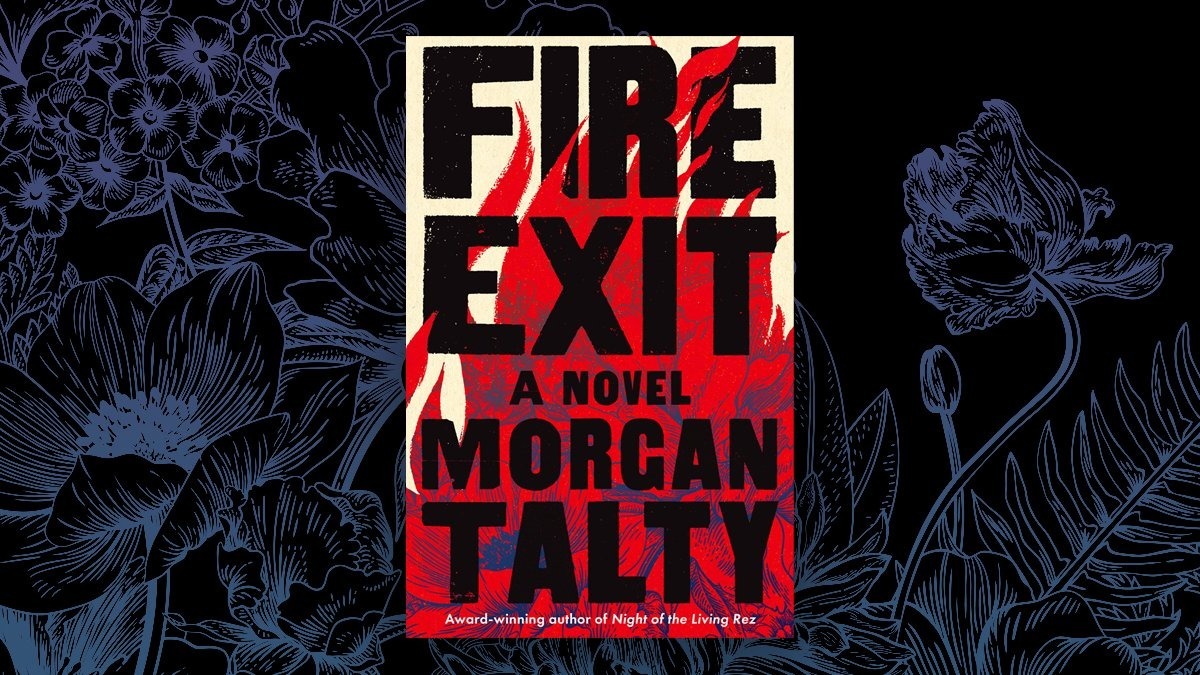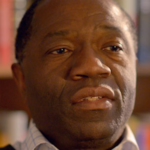What does it mean to be Native? Morgan Talty's debut novel is a powerful story of family, belonging and blood ties

Fire Exit (Tin House Books) by Morgan Talty
In William Shakespeare’s All’s Well That Ends Well, the character Mariana claims, “No legacy is so rich as honesty.” Morgan Talty’s debut novel Fire Exit could well be written in direct response to that assertion. The author, who as well as being a professor in Native American literature is a quarter Penobscot, wrestles with the question of whether things can be true and untrue simultaneously, along with the myriad repercussions of honesty and truths unspoken.
The novel is narrated by a white man named Charles, and roves back and forth in time to explain how he wound up living in a house looking onto the home of his daughter: now a 20-something teacher who does not know she has spent her life being watched. Charles’s daughter is Native and he is not, forcing their separation: he is not permitted to live on the reservation across the river. In a cruel twist of fate, he was helped to build his house by his family, before his daughter was conceived, and the view has come to taunt him with an “untouchable past, present, future”.
Complex family dynamics and identities that are difficult to define are the primary themes of Fire Exit. We learn that Charles was raised by his mother and Native American stepfather on the reservation, but was forced to leave once he came of age. In turn, his girlfriend Mary – upon learning she is pregnant – makes the painful decision to leave him and raise the child with a Native man called Roger, thereby ensuring her daughter is eligible for tribal enrolment. What happens to one’s sense of self after such familial rifts, a result of strict tribal indigenous law (an area Talty studied), is the book’s dominating concern.
After two decades of watching his daughter Elizabeth from his back porch, Charles is itching to share his secret. While Elizabeth’s enlightenment about her paternity is the conclusion the novel steadily edges towards, much more time is spent with its cast of peripheral, deftly drawn characters: Charles’s mother Louise, who, following the death of her partner Frederick, is beset with dementia and begins to decline; Bobby, Charles’s erratic acquaintance from Alcoholics Anonymous, who yearns to flee the reservation; and Gizos, his childhood best friend whose father fractured their relationship after learning his son was gay. Like Charles, we too get to know Elizabeth from afar, in fragmented scenes spied from a distance.
Charles’s time is divided between these figures, caring for his mother and doling out favours to Bobby. Meanwhile, he muses on the significance of family and heritage. “There’s nothing strange about a white person wishing to be Indian,” he reflects after Bobby refers to the Penobscot as “our Indians” rather than, as he would have preferred, “your Indians”. “It’s comical, if anything. And white people saying they’re Indian happens all the time, and it’s laughed at by Native people.” He later reflects that, while he has no Native American blood, it was the love of his stepdad that made him feel Native.
Fire Exit is a raw but pensive investigation into what family means in spite of estrangement. Around the lives of our main characters, Talty probes identity, asking whether it is tied to place, biology, “spirit” or the people who raise us. Both Louise and Elizabeth are impacted by strained mental health and receive electroconvulsive treatment in the same clinic. “The blood she did not know about that ran through her body was tainted, flawed,” frets Charles. “This was why it was so important she know all of this.” Later, he contemplates whether Elizabeth’s troubles have arisen as “maybe her body and mind know something is missing”.
Talty’s writing unfolds with a light-touched, fable-like quality. He is deeply attuned to the nuances of language and behaviour. (“Is there a word that means something is both true and false?” Charles asks. “I’ve looked, and I’ve yet to find one… ‘I am your father’ is one that comes to mind.”) Although there is a mournfulness to this novel of broken connections, Fire Exit is also rich and rewarding – a story that is ultimately anchored in hope.


